Term 2: Working with Policy Clients

What are Policy Clients?
As part of the innovative approach at LIS, term 2 saw the introduction of group work with real organisations. This term brought porosity and valuable contemporary experience to our students– an early and important opportunity for them to apply their learning to real-world contexts of policy and practice.
Building and extending on the working methodologies introduced in Problems 1a, the Problem Area used in this module was Sustainability. Students worked in coaching groups of 5 students per group to create a policy brief and consultancy report with and for real organisations– the first to engage (and benefit from) our students’ diverse knowledge and problem-solving skillset.
The policy clients represented a range in size and industry, but all were facing sustainability- related challenges in their fields, for which they sought to collaborate with LIS students to help tackle them.
How did students work with their clients?
Students were encouraged to see their coaching groups as small consulting agencies and invest their time in thinking about co-creativity and how to develop their team, with activities throughout the module to help them achieve this.
The deliverable stipulated that each policy document ought to contain realistic and actionable recommendations for the client about specific steps they could take to tackle their problem, rather than presenting prototypes or process diagrams.
In addition to regular check-ins with their clients, networking breakfasts onsite provided an opportunity for students and clients to get together and share ideas with groups working on similar problem statements, as well as with other professionals with an interest in these issues. Some policy clients also invited students to visit their offices and facilities to better understand how they operate and the nature of the sustainability challenges they are facing.
Over 10 weeks, the curriculum in term 2 offered four Disciplinary Perspectives: Ecology, Theology, Mathematics and Chemistry. Students also developed skills in qualitative methods like visual and historical narratives, design and systems thinking, and quantitative methods like data modelling and coding. The last week of term provided an opportunity for integration, with masterclasses and workshops to help students bring it all together, including report writing, digital tools, and project design sessions.
Students ended the term by handing in consultancy presentations and policy briefs of professional standards.
What was the outcome?
The approach used in term 2 highlighted the value of porosity in education for both students and organisations.
Having the opportunity to collaborate with real professionals on contemporary challenges created a meaningful context in which students were driven to investigate, iterate, and evolve their problem-solving.
The professional standard of the consultancy reports presented by students meant that in some cases, the presentations and reports were shared internally at the client organisations (or, indeed, with further partners outside the organisation) – with the intention of applying these innovative solutions.
From LIS we’d like to say a huge thank you to the businesses and institutions that worked with our students this term:
Friends of Tower Hamlets Cemetery Park
If you or your organisation are interested in co-creating projects or problem solving with our students, visit our world of work page and sign up to join the LIS Network.
Share this story
Sign up for our newsletter
Don't miss out on important updates including course information, new announcements, Open Day dates and the latest LIS news.

.jpg)
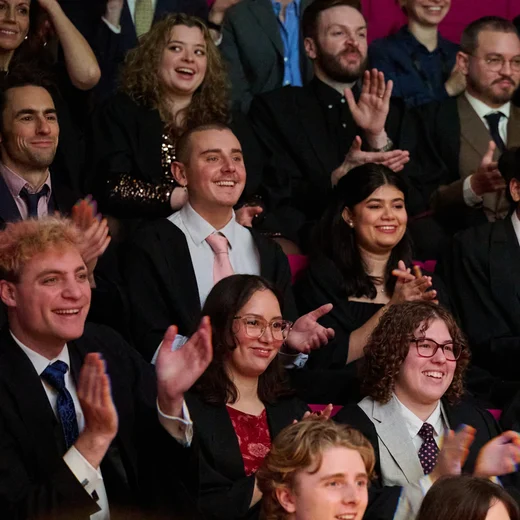


































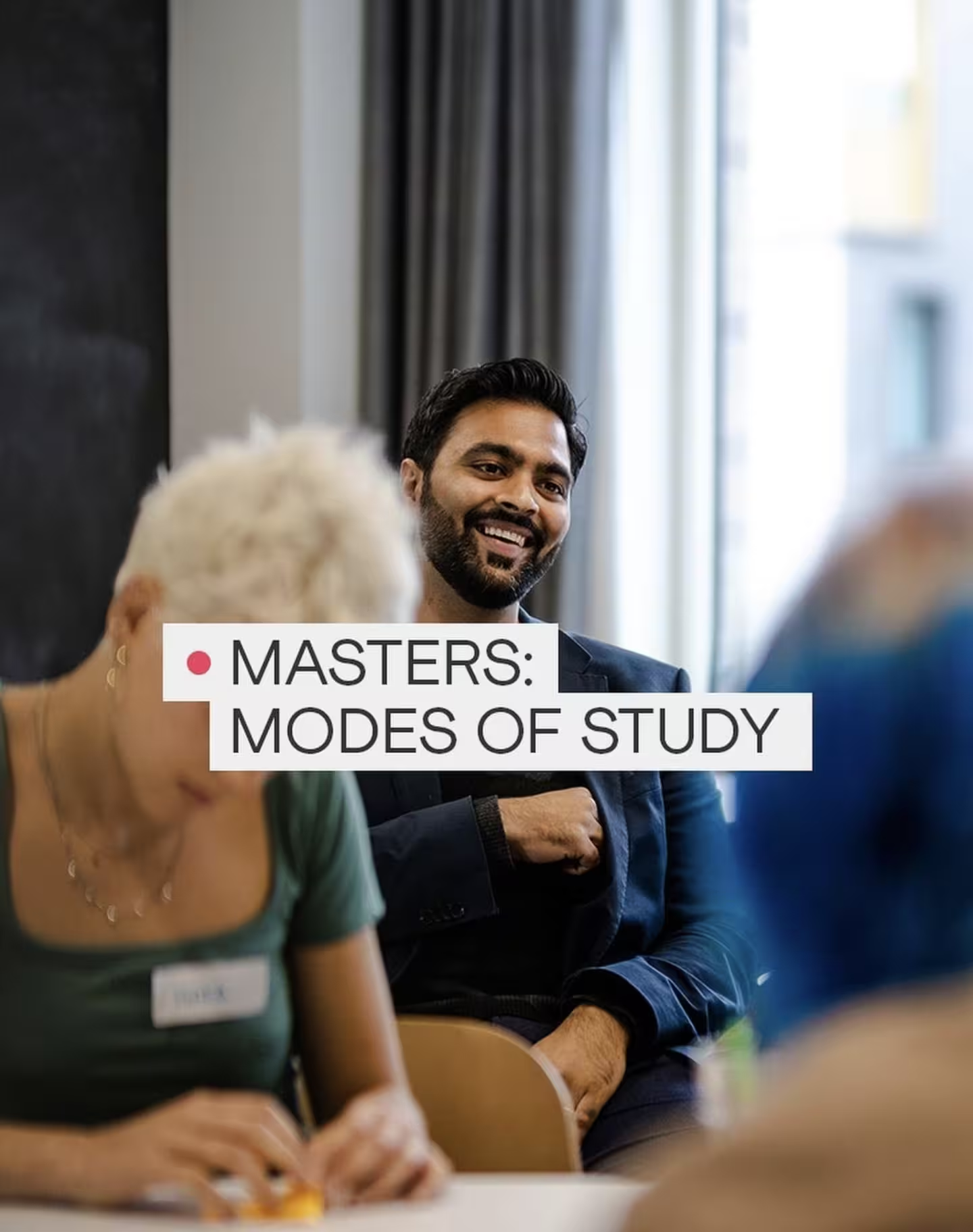
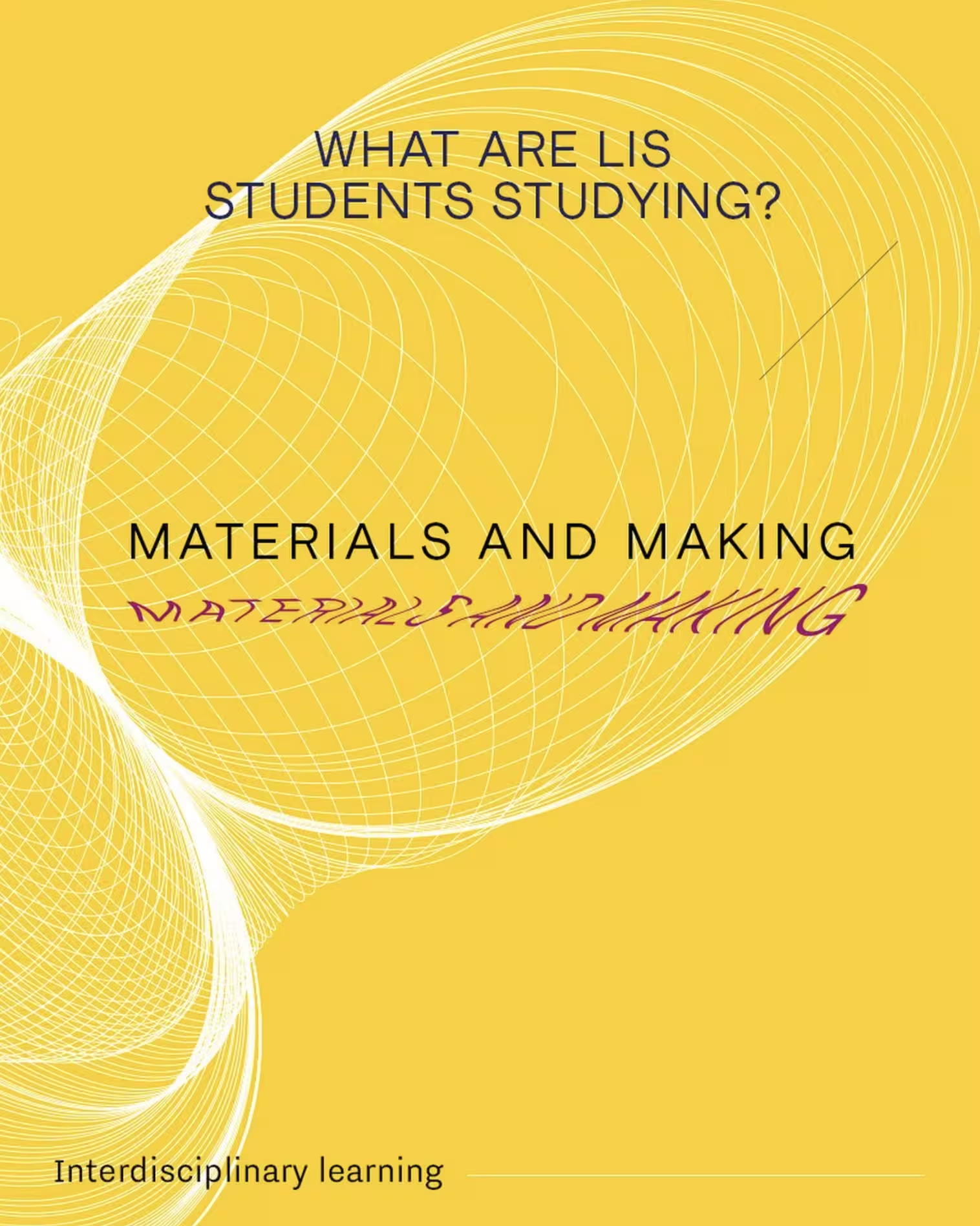
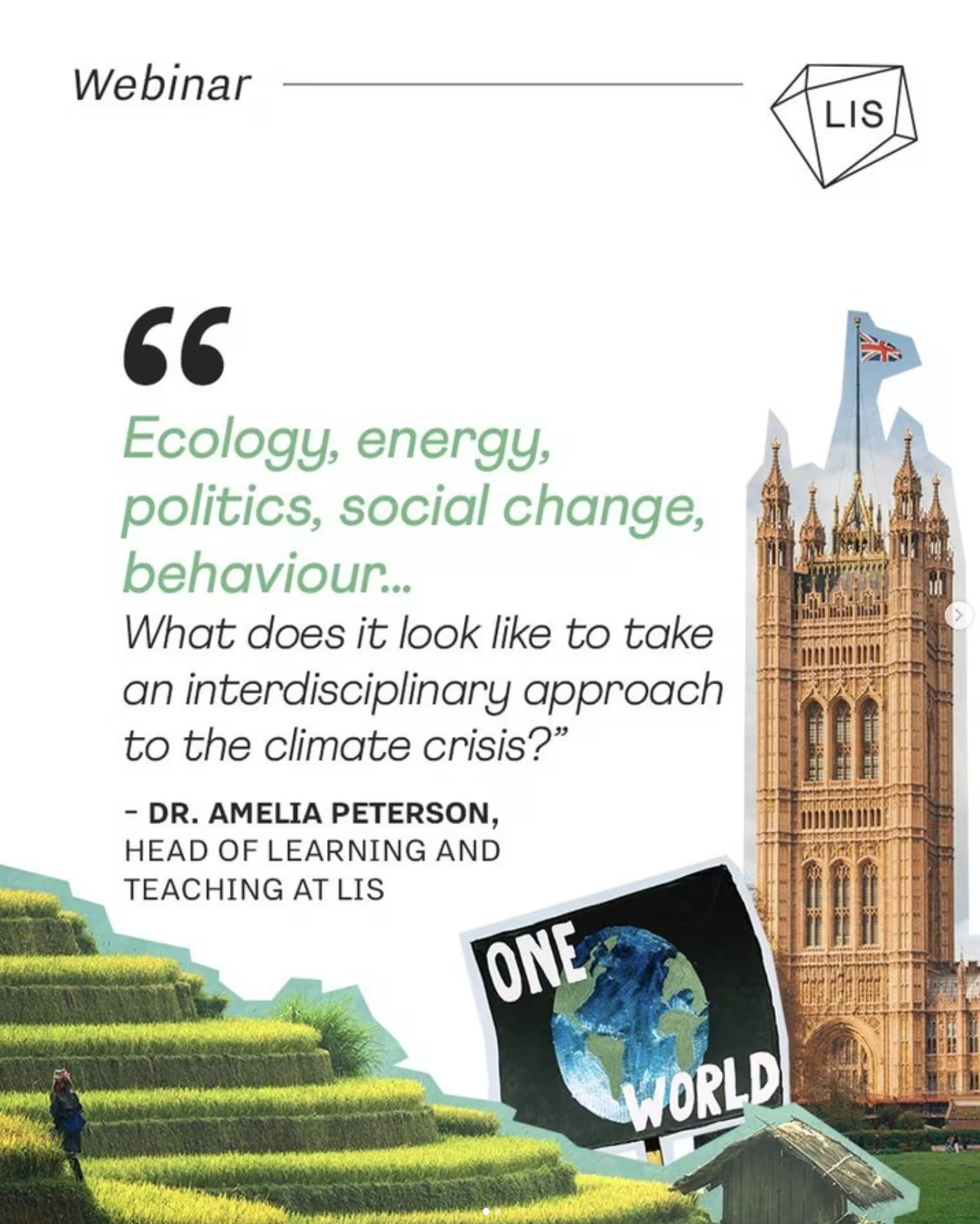






.svg)

.svg)
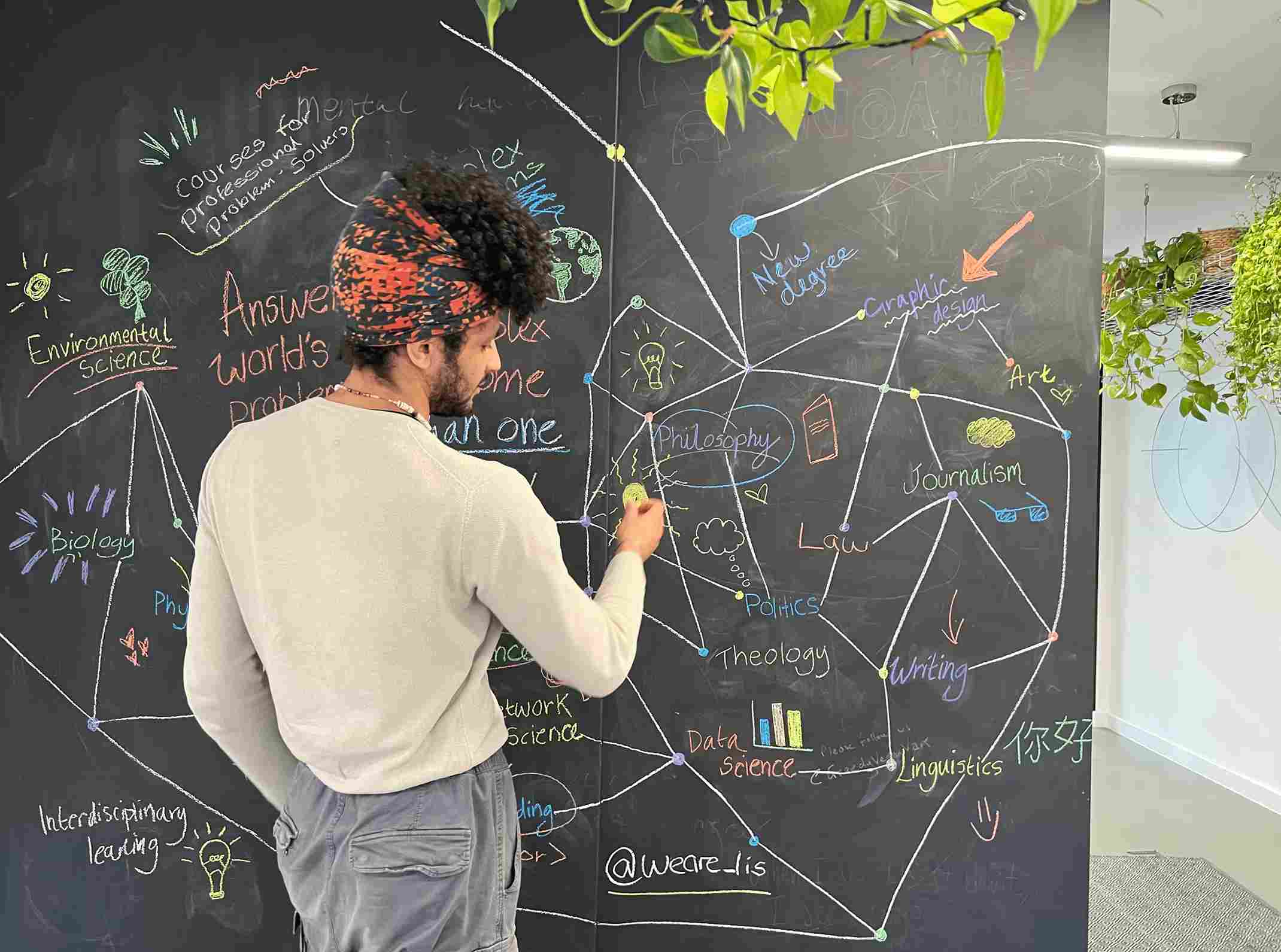







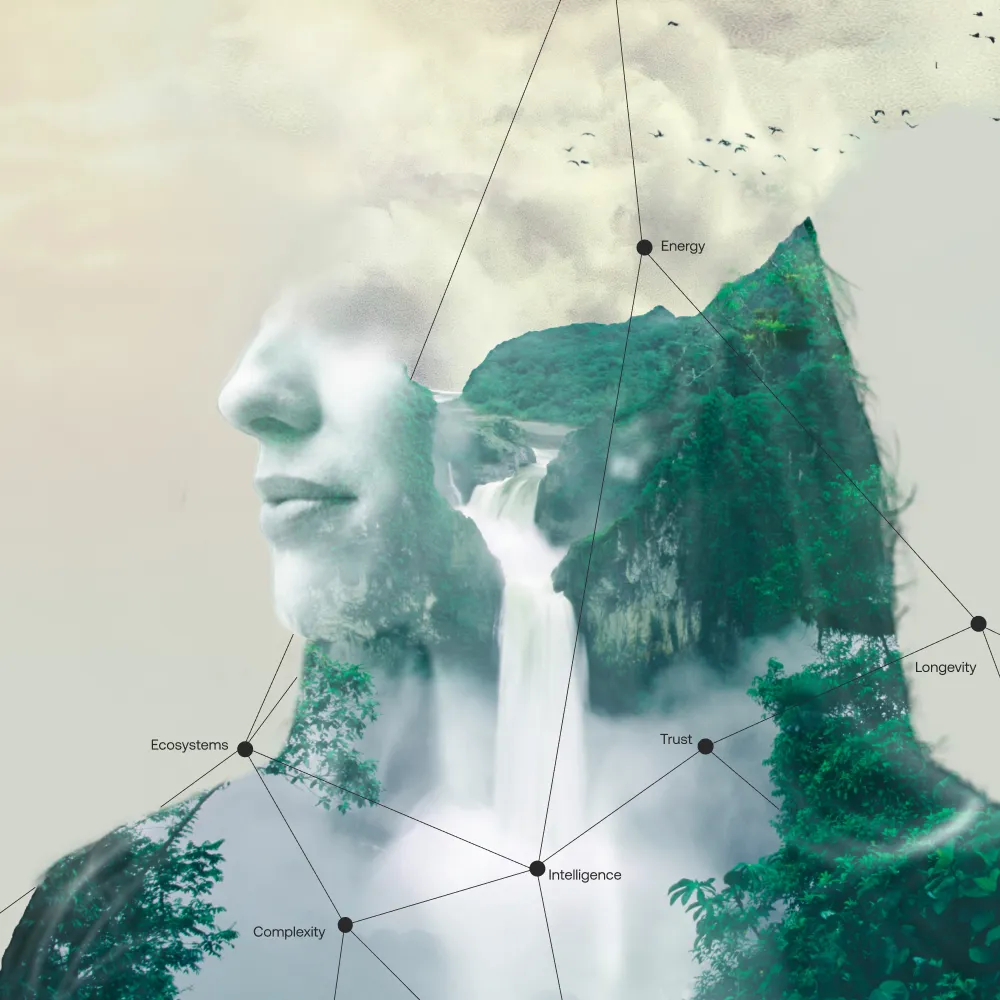
.webp)
This is a comment related to the post above. It was submitted in a form, formatted by Make, and then approved by an admin. After getting approved, it was sent to Webflow and stored in a rich text field.